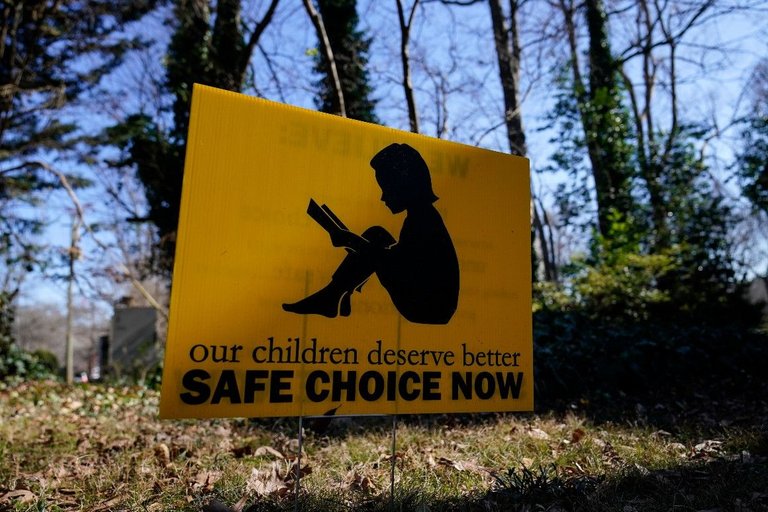Children Deserve Better.
When we hear the word "child services" or "child protection services" in Bangladesh, the first thing that comes to our mind is government or private child care for orphans, NGO-run shelters, or various initiatives taken to prevent child labor and early marriage. But it is time to think about how much real justice is behind these child services, and how much is social or institutional injustice.
If we look at the reality, we see that thousands of children in Bangladesh still sleep on the streets, sell flowers at traffic signals, work 12-hour shifts in garments, and sometimes even engage in illegal and risky work. Yet we say that there are laws for the protection of child rights, international conventions, and various government-made policies for them. Then the question arises—are these services really bringing justice to their lives, or are these children remaining deprived due to poverty, ignorance, and administrative failure?

On the other hand, there are some areas where families or society impose many things on children—making them work against their will, pushing them to earn money instead of education, or destroying their lives through child marriage. If the state, law, or related institutions were effective in this area, the lives of many children would have changed. But many times, when a child is a victim of violence, their voice is silenced in the name of family honor. The number of children's courts is small, the trial process is long, and many times children become the accused instead of the victim.
Some child service organizations in Bangladesh are trying sincerely. Organizations like BRAC, APA, Save the Children, and ActionAid are taking various awareness, education, and protection initiatives for children. But their capabilities are limited, because the budget and importance for child-related programs in the state structure are still insufficient.
If a child service is truly a "service," then it must be—respecting the rights of the child, giving importance to his voice, and taking long-term plans for his safety and development. Otherwise, child welfare is just a name on paper, the actual application of which creates new chains of injustice for children.
To be honest, child welfare in today's Bangladesh is in a strange dilemma - on the one hand, awareness is being awakened, on the other, administrative negligence and social pressure. We have to think now, do we want to bring justice to these children, or do we want to strengthen injustice behind a beautiful social mask.
We must do everything for our children, they are the future generations and we must preserve that.
Bringing justice to the children who are roaming about is not just the issue; but visiting their parents to know where the problem is coming from is paramount. Most children put there does not have homes. The fact remains that if child services are aware of this fact, they would have one way or the other taken care of it.
This is actually almost the same thing with Nigeria. Actually in Nigeria it is so horrible that I don't think there is anything like child labor any longer and it hurts.